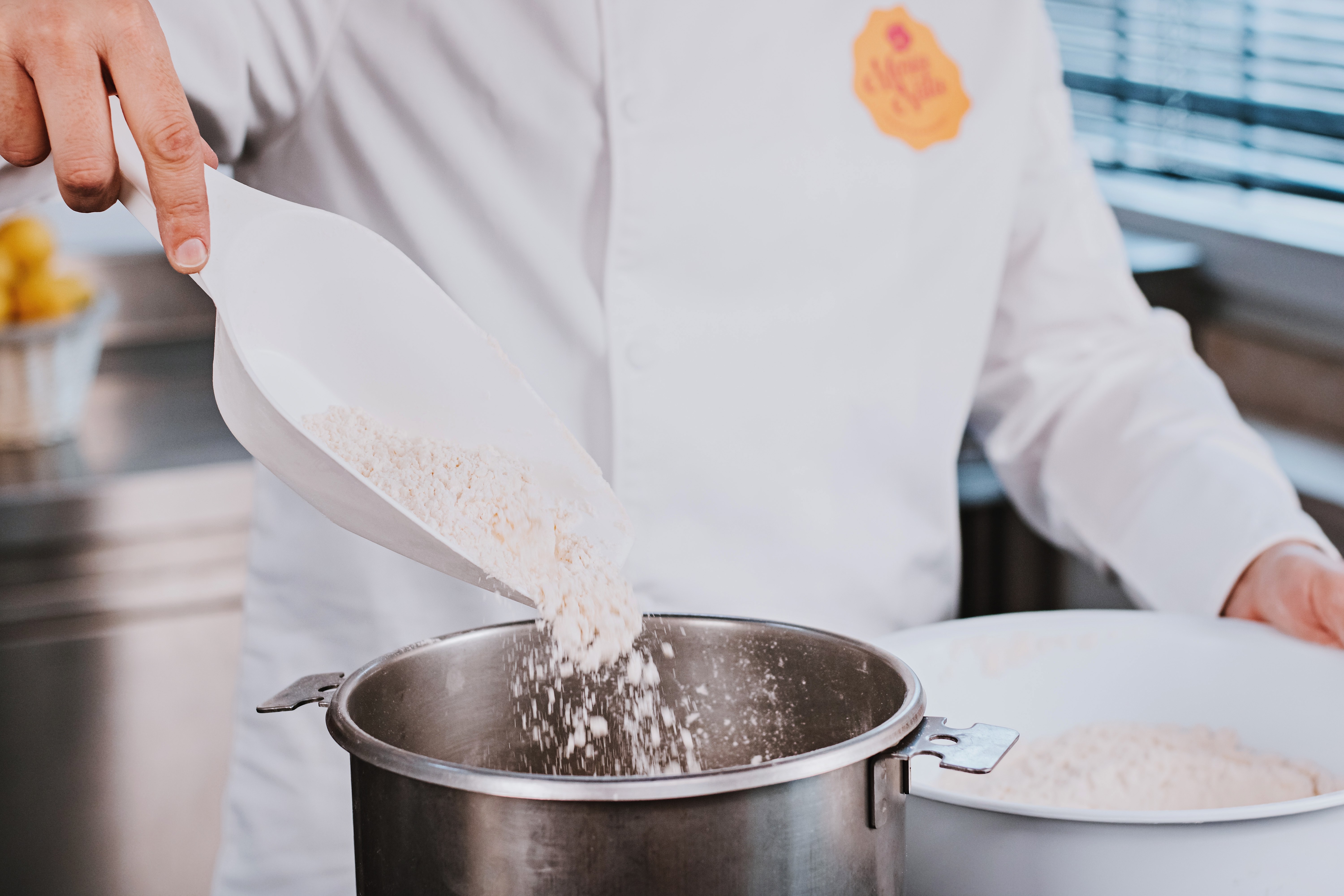Throughout economic history, companies have engaged in a fascinating dance between product diversification and specialisation. It often follows a U-shaped pattern, with companies and economies adapting their strategies based on various factors.
In the early 20th century, specialisation was the norm, with businesses focused on core products or industries. This allowed them to develop expertise and efficiencies in their specific domains. In mid 20th century, conglomerates and diversified companies became popular, driven by the desire to reduce risk, increase growth opportunities, and leverage synergies across different businesses. Companies like General Electric, Philips, and 3M embraced diversification strategies.
The tide began to turn in the 1970s and 1980s, as many corporations struggled with managing disparate businesses effectively. Specialised companies were often more agile and efficient in their core markets. The trend shifted back towards specialisation and focus in the 1990s and 2000s, with firms divesting non-core businesses to concentrate on their primary competencies and streamline operations.
Spreading risk and exploring new ventures
In the last two decades, specialisation remained a popular strategy, even if some companies have pursued related diversification, expanding into adjacent or complementary product lines or markets. Apple expanded from computers into smartphones, tablets, and wearables, from example, and Amazon moved from e-commerce into cloud computing, streaming services, and more.
Product diversification can be an effective strategy for growth, but it comes with both potential benefits and risks. Reducing dependence on a single product or market could be important in industries with high volatility as it opens up additional revenue streams, potentially increasing overall sales and profitability. Diversification can also tap into new customer segments and markets, both geographically and demographically.
But uncontrolled diversification can be a double-edged sword. Spreading resources too thin can lead to a loss of focus and inefficiencies. Maintaining expertise and infrastructure across many sectors can be a challenge.
Building expertise and brand loyalty
In recent years, many companies have sought a balance between specialisation and related diversification, maintaining a core focus while selectively expanding into adjacent areas that leverage their existing capabilities or customer base. This often allows them to focus on high-value goods and services. They often build from niche markets into dominating specific sectors by leveraging their unique strengths and resources.
Maille has been producing mustard exclusively since 1747, introducing only new condiments and flavours. Krispy Kreme, known for their signature glazed doughnuts, or Tabasco, the branded hot sauce, are successful businesses that have stuck to their unique and iconic product. Ferrero, which started with the spread Nutella, has expanded into other confectionery products, but always within the realm of chocolate.
Successful specialised companies have often benefited from deep expertise, operational efficiencies, and strong brand recognition in their core markets. Focusing in one core product can help a company build strong brand recognition and consumer loyalty around that product. And, by dedicating all research and development efforts to a single product, companies may be better positioned to drive continuous innovation and product improvements.




